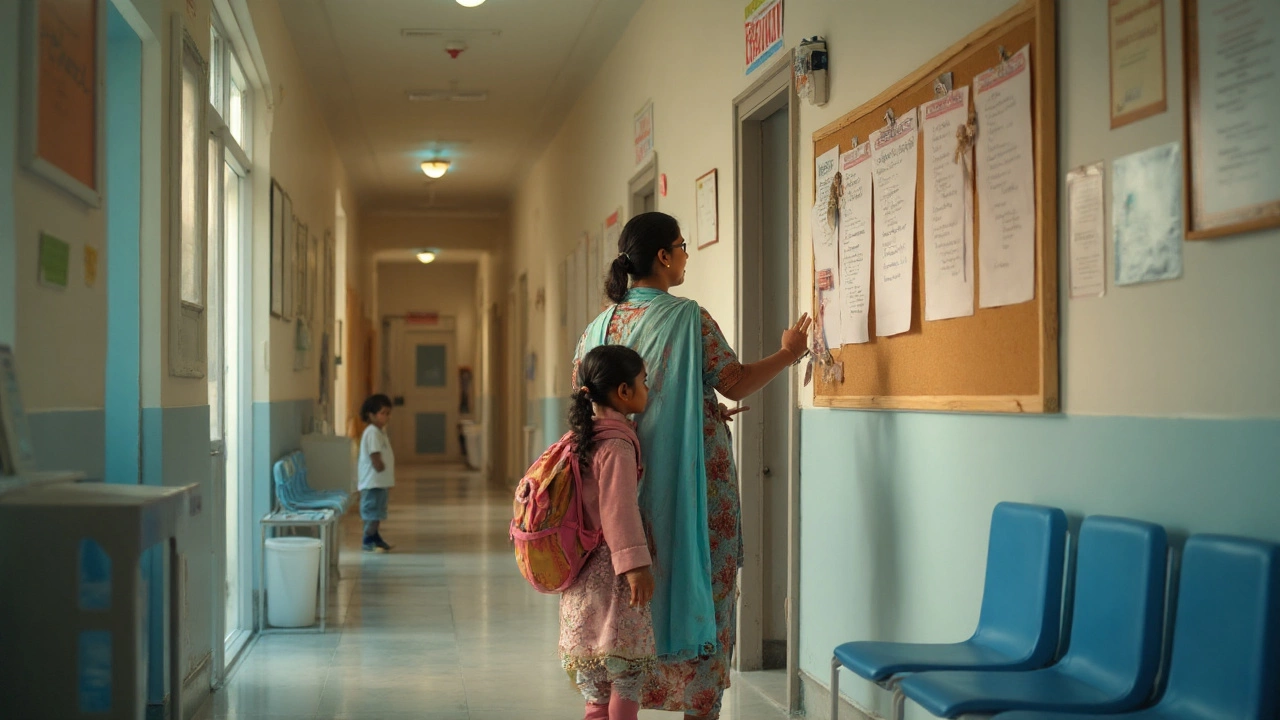
Which Doctor Is Best for Girls? Pediatrician vs OB‑GYN vs Family Doctor (2025 Guide)
Clear guide to the right doctor for girls by age and concern. Compare pediatrician, family doctor, adolescent medicine, and OB‑GYN with checklists and FAQs.
Ever wonder who helps teenagers deal with health issues that are more than just a cold? That’s the job of an Adolescent Medicine Specialist. These doctors focus on the unique physical, emotional, and social problems that show up during the teen years. From puberty‑related hormone changes to mental health challenges, they bring a mix of pediatric and adult medicine knowledge to the table.
Because teenagers are in a transition phase, the specialist must understand growth patterns, risk‑taking behavior, and the impact of school and family life. They often work in hospitals, school health centers, or private clinics, and they team up with counselors, nutritionists, and social workers to give a full picture of care.
Day‑to‑day tasks include routine check‑ups, vaccinations, and counseling on topics like sexuality, substance use, and mental health. They also manage chronic conditions that flare up during adolescence, such as asthma, diabetes, or eating disorders. A big part of the job is building trust – teens are more likely to share concerns when they feel the doctor gets their world.
Many specialists run group sessions on topics like stress management or healthy body image. They may also take part in research, studying how teen behaviors affect long‑term health outcomes. If you like a mix of clinical work and community outreach, this field fits well.
First, you need a medical degree (MBBS in India, MD or DO in the US). After that, a residency in pediatrics or family medicine is the usual route. During residency, look for rotations that focus on teen health – many programs offer a dedicated adolescent medicine block.
Once residency is done, you’ll pursue a fellowship in Adolescent Medicine. Fellowships last two to three years and dive deep into puberty, mental health, and preventive care for teens. Some countries also require board certification in pediatric or family medicine before you can sit for an adolescent medicine exam.
Key skills to sharpen along the way: strong communication, empathy, and the ability to handle sensitive topics without judgment. Staying updated on vaccination schedules, new guidelines for teen mental health, and emerging research on social media’s effect on wellbeing will keep you relevant.
Salary-wise, the earnings vary by location and setting. In urban hospitals, specialists can earn a comfortable salary that grows with experience and additional research grants. In private practice, you can set your own rates, but you’ll also handle business aspects like billing and marketing.
If you love working with young people and want a career that blends medical expertise with real‑life impact, consider the adolescent medicine path. It’s a niche that’s growing as societies recognize the importance of teen health, and there’s plenty of room for new doctors to make a difference.

Clear guide to the right doctor for girls by age and concern. Compare pediatrician, family doctor, adolescent medicine, and OB‑GYN with checklists and FAQs.